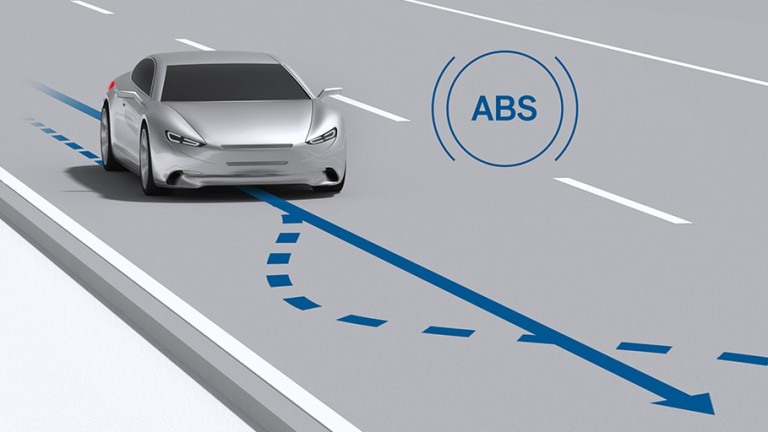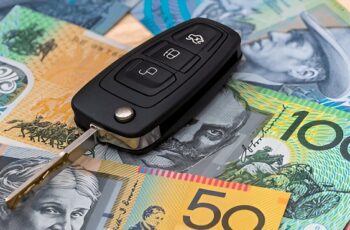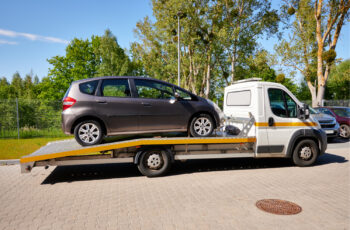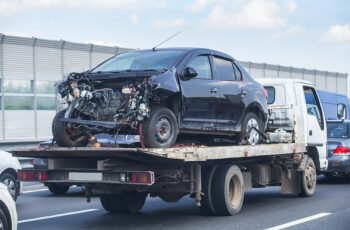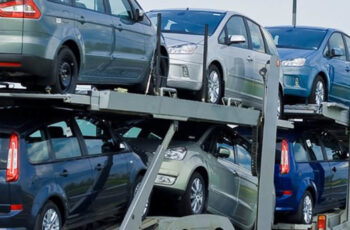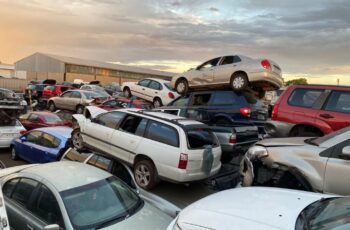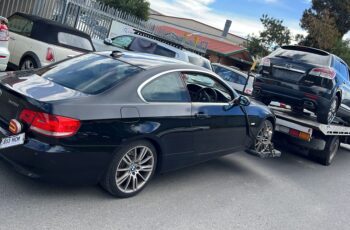The anti-lock braking system is a feature that has been in the automotive world for more than 20 years and is now a standard element in modern cars. It is often mentioned in the brochures of cars but is it marketing hype, or is it a vital security measure?
The ABS can be a lifesaver when driving since it stops your wheels from locking whenever you press the brake. This prevents your car from skidding or losing its grip in the roadway. All cars registered in Australia and manufactured in the year 2003 must be legally equipped with ABS.
This guide shared by Sell-my-car-sydney.com.au will help you understand why the anti-lock braking system is crucial and how it can save your life when driving on the road.
What Is an Anti-Lock Braking System (ABS)?
If you’re a prospective car buyer asking, “What is an anti-lock braking system?” This article is ideal for you. It’s an easy system, and the title tells you everything you should be aware of.
The anti-lock brake mechanism (ABS) can be described as a security feature that stops the brakes from locking every time you push the pedal in emergencies.
Imagine a dog swerving across the road, causing you to hit the brake as fast as possible. The ABS is equipped with sensors that can detect the moment you step on the brakes and cause the system to turn on. The ABS will apply the brakes multiple times per second until your vehicle stops completely.
The anti-lock brake is a lifesaver, which is why it’s a standard feature worldwide. The Australian government and many other countries have set it as an obligation for vehicles made after a particular year.
What Do Anti-Lock Brakes Prevent?
An anti-lock brake system greatly decreases the danger of major road accidents. The name implies that the system stops the brakes from locking. What does this mean?
If you can slam on the brakes, there’s an increased chance your car’s wheels will become locked. There’s a chance that you’ll lose grip or traction on the road if this occurs, and your vehicle is likely to slide. If you get scared, you’ll lose the ability to turn the car and stay clear of hazards on the road ahead.
The ABS helps to prevent this from occurring. While your foot is pushing the brake pedal, it is a system that ensures you pump your brakes frequently instead of engaging it all the time.
First, it stops your tyres from slipping and your vehicle from sliding across the road. Also, it helps to maintain some control over the car’s movement.
Also Read: How to Look After Your Car to Get the Best Resale Value
Are Anti-Lock Brakes a Standard Feature in All Cars?
Some cars are equipped with ABS as the standard, but ABS is a requirement for the Australian authorities have made it mandatory for all new vehicles from 2003 onwards to come with ABS in the standard configuration. If your car is new, it likely has ABS.
If you want clarification on your vehicle’s model, refer to the user’s manual or check the instrument panel for an indicator light for ABS. Cars equipped with ABS will also display warning lights to inform you that the system is having issues.
Additionally, certain vehicles may also sport the ABS label on their windshield or elsewhere.
Pros and Cons of Anti-Lock Brake Systems (ABS)
ABS ABS is a safety function that is designed to ensure your safety when driving. It has its advantages and disadvantages, just like every other car feature.
Here are some to know about.
Benefits of ABS in Cars
- Reduces Traction Loss: A anti-lock brake system is a safety feature as it prevents your vehicle from being involved in an accident. It ensures that your wheels remain on the road when you apply emergency brakes.
- Work on slippery surfaces: ABS systems function on well-maintained, paved roads and frozen roads. This is excellent news since it gives peace of mind to those who are scared to drive in winter.
- Lowers the cost of insurance: Lowers Costs of Insurance ABS features aren’t only marketing gimmicks that car manufacturers add to their car brochures. It’s a well-known security feature, and the insurance company would prefer you include it. Because it decreases your risk on the road, it also costs auto insurers less when you have it.
- It increases the value of your car when sold: Many buyers are looking for this feature, particularly when they purchase second-hand cars. Also, the presence of ABS on your vehicle can help you sell it for a higher value when selling it.
Drawbacks of ABS
- Extra Costs: The antilock brake system operates with an electronic sensor and pump, as well as the computer that determines how it functions. The additional components mean you’re paying a premium to install them on your vehicle. Additionally, repairs and replacements can cost you money if the system fails.
- System Problems: We’ve noticed that ABS offers a lot of fantastic value. Unfortunately, the system can only be occasionally very brilliant. Similar to any other feature of driver assistance in your vehicle, the system could malfunction. If it does, you’ll have issues with braking or hear loud noises from the pump.
Is An Anti-Lock Braking System Necessary?
Legally anti-lock brake systems are required in Australia for all new vehicles from 2003 onwards. Even when you own an older car, the law does not need ABS. However, installing one is recommended to protect yourself and the safety of other road users.

